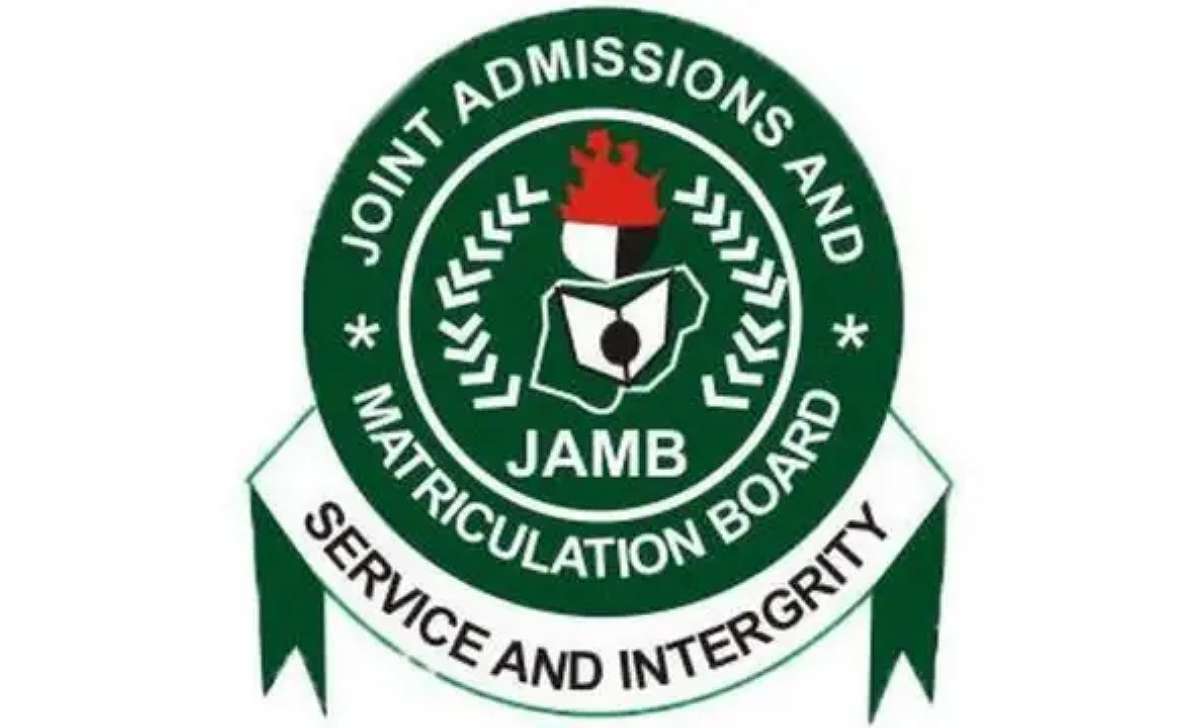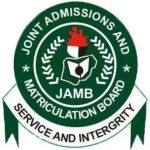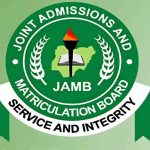What is the JAMB Igbo Syllabus?
The JAMB Igbo syllabus is a detailed guide that outlines all the areas, topics, and subtopics that candidates must study to perform well in the Igbo language examination.
It covers grammar, literature, oral traditions, and Igbo culture, ensuring that students understand the language holistically.
Objectives of the JAMB Igbo Syllabus
The main goals of the syllabus are:
- Proficiency in Igbo Language: Improve reading, writing, and speaking skills.
- Cultural Awareness: Familiarize students with Igbo customs and traditions.
- Literature Mastery: Understand oral and written Igbo literature, including proverbs, folktales, and modern works.
- Critical Thinking: Analyze linguistic elements and interpret idiomatic expressions.
Key Sections in the JAMB Igbo Syllabus
The syllabus is divided into four core sections:
- Igbo Language (Asụsụ)
- Igbo Literature (Agụmagụ)
- Igbo Customs and Institutions (Omenala na Ewumewu)
- General and Current Affairs (Ihe Ndị na-eme Ugbua)
Let’s explore each in detail.
Section 1: Igbo Language (Asụsụ)
This section focuses on developing your linguistic skills. Here’s what you need to know:
- Essay Writing (Edemede): Master various essay types like narrative, descriptive, argumentative, and expository essays.
- Comprehension (Aghọtaazaa): Practice reading passages and interpreting figurative expressions.
- Sound Patterns (Ụdaasụsụ): Study vowels, consonants, and tone patterns.
- Spelling and Orthography (Nsupe): Learn correct spelling and writing techniques.
- Grammar (Ụtọasụsụ): Focus on sentence construction, parts of speech, and clauses.
Section 2: Igbo Literature (Agụmagụ)
In this section, you’ll explore Igbo literary works, both traditional and modern.
- Oral Literature (Agụmagụ Ọnụ): Study folktales, proverbs, riddles, and songs.
- Written Literature (Agụmagụ Ederede): Understand the themes, characters, and settings in Igbo novels, plays, and poetry.
- Literary Devices (Atụkwọ): Learn to identify metaphors, similes, symbolism, and more.
Section 3: Igbo Customs and Institutions (Omenala na Ewumewu)
This section dives into Igbo culture, traditions, and values.
- Marriage Customs (Alụmdi na Nwunye): Learn about traditional marriage rites.
- Festivals (Emume): Study important festivals like Ịwa Ji (New Yam Festival) and Ọfala.
- Traditional Titles (Echichi): Understand titles like Nze, Ọzọ, and their societal roles.
- Belief Systems (Nkwenye): Explore Igbo spirituality, taboos, and ancestral worship.
Section 4: General and Current Affairs
- Contemporary Issues: Learn about the impact of modernization on Igbo language and culture.
- Prominent Authors: Study the works of notable Igbo writers like Chinua Achebe.
JAMB Syllabus for Igbo 2025/2026
| TOPICS/CONTENTS/NOTES | OBJECTIVES |
|---|---|
| SECTION A: LANGUAGES (ASỤSỤ)
1. Essay (Edemede) (b) Basic essay types and their characteristics (i) Narrative (Akọmakọ) |
Candidates should be able to;
(i) identify the basic principles of essay writing; (ii) use words and expressions appropriate to a particular topic; (iii) differentiate between different essay types; (iv) describe the characteristics of essay types; (v) compare different types of essay; (vi) criticize other people’s essays. |
| 2. Comprehension (Aghọtaazaa) One passage of about one hundred and fifty (150) words. |
Candidates should be able to;
(i) explain the meanings of difficult words; (ii) give correct answers; (iii) differentiate between figurative and idiomatic expressions from the passage; (iv) deduce conclusion(s) based on the passage |
| 3. Sounds and Sound Patterns (Ụdaasụsụ na Usoro Ụdaasụsụ) (a) Vowels and Consonants (Ụdaume na mgbochiume) (b) Sound Patterns/Processes i. Syllabic nasals (ụdaimi) (c) Tone and tone marking(Ụdaolu na Akara ụdaolu) |
Candidates should be able to;
(i) identify vowels, consonants and syllabic nasals; (ii) distinguish between the speech sounds of the Igbo language; (iii) recognise semi-vowels (‘m’ & ‘n’) and nasal homoganicity; (iv) divide words into syllables; (v) identify the vowel groups in Igbo; (vi) describe vowel assimilation, vowel elision and consonant elision; (vii) assign tone marks appropriately. |
| 4. Spelling and spelling rules (Nsupe na Iwu Nsupe) |
Candidates should be able to;
(i) detect words written correctly in Igbo; (ii) determine appropriate word division in Igbo. |
| 5. Igbo Orthography (Mkpụrụedemede Igbo) |
Candidates should be able to:
(i) indicate the Igbo orthography; (ii) distinguish between the Igbo and English orthography. |
JAMB Syllabus for All Subjects
- * JAMB Syllabus for Agricultural Science 2025/2026
- * JAMB Syllabus for Arabic 2025/2026
- * JAMB Syllabus for Art 2025/2026
- * JAMB Syllabus for Biology 2025/2026
- * JAMB Syllabus for Chemistry 2025/2026
- * JAMB Syllabus for Christian Religious Studies 2025/2026
- * JAMB Syllabus for Commerce 2025/2026
- * JAMB Syllabus for Computer Studies 2025/2026
- * JAMB Syllabus for Economics 2025/2026
- * JAMB Syllabus for French 2025/2026
- * JAMB Syllabus for Geography 2025/2026
- * JAMB Syllabus for Government 2025/2026
- * JAMB Syllabus for Hausa 2025/2026
- * JAMB Syllabus for History 2025/2026
- * JAMB Syllabus for Home Economics 2025/2026
- * JAMB Syllabus for Igbo 2025/2026
- * JAMB Syllabus for Islamic Studies 2025/2026
- * JAMB Syllabus for Literature in English 2025/2026
- * JAMB Syllabus for Mathematics 2025/2026
- * JAMB Syllabus for Music 2025/2026
- * JAMB Syllabus for Physical and Health Education 2025/2026
- * JAMB Syllabus for Physics 2025/2026
- * JAMB Syllabus for Principles of Accounting 2025/2026
- * JAMB Syllabus for Use of English 2025/2026
- * JAMB Syllabus for Yoruba 2025/2026
- * JAMB UTME Syllabus for all Subjects 2025



